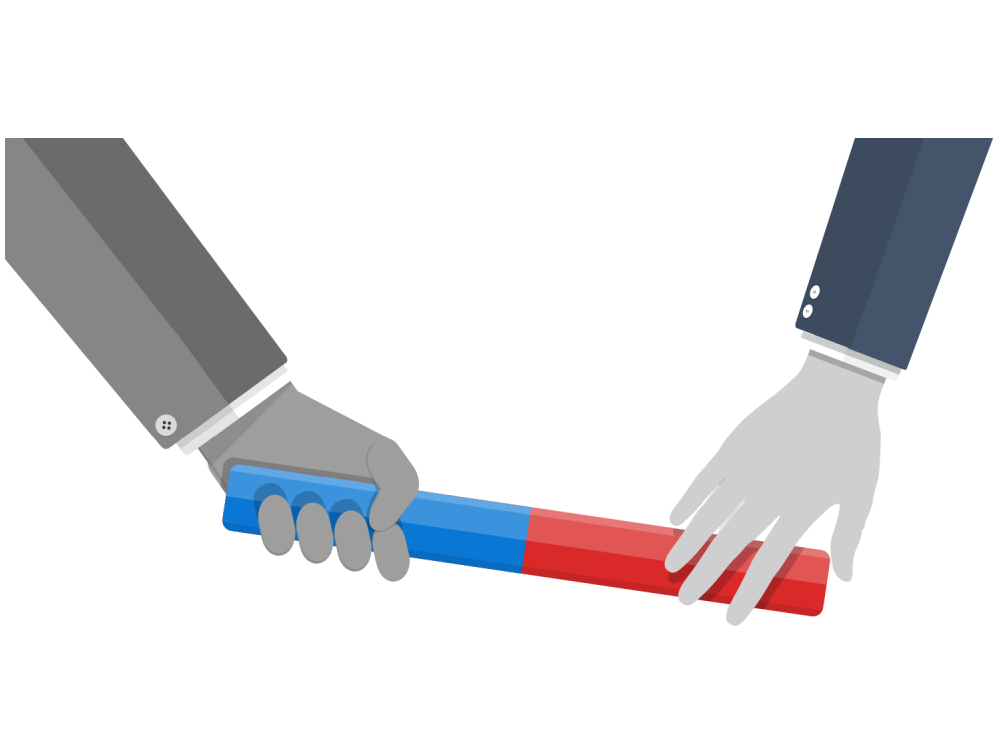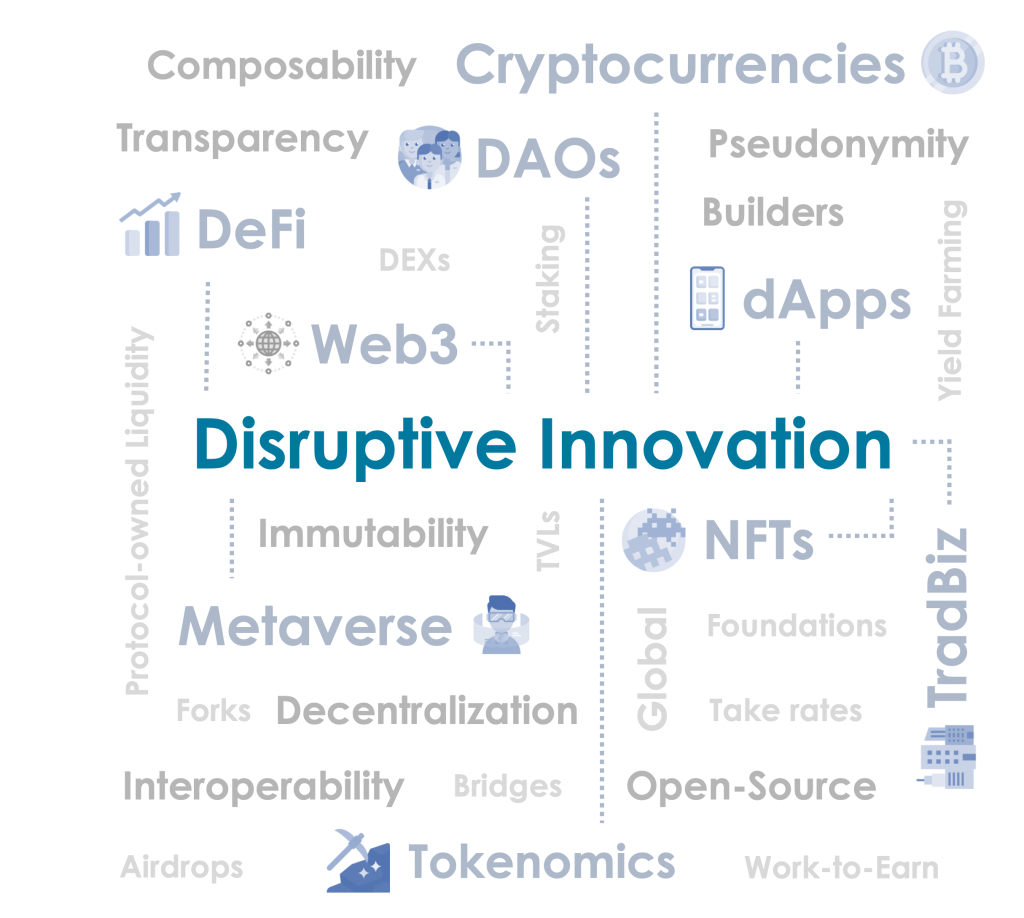Web3 future
We believe in the inevitable Web3 future, where decentralized, user-owned economies disrupt how business is conducted and value is created
Web3 transition

We are transitioning from today’s world, where companies control centralized, proprietary platforms, to a new paradigm in which contributors own open, distributed networks with crypto tokens and other digital assets


Inevitable future

The Web3 transition is inevitable as use cases are developed and obstacles removed
- Technology – The increasingly robust Web3 tech stack, battle tested with trillions in transactions, is enabling a proliferation of compelling use cases
- Communities – Self-organizing communities are driving growth of complex Web3 projects that challenge established business models
- Investors – Early-stage speculation is evolving as institutional and mainstream investors view crypto as a new asset class with multiple investment opportunities
- Companies – Companies are exploring ways to participate in or build Web3 ecosystems in areas like crypto wealth management, DeFi, NFTs, and the Metaverse
- Regulators – Governments are accepting that Web3 is here to stay, and are beginning to implement regulations addressing issues like taxation, consumer protection, innovation and competitiveness
Disruptive innovation

The Web3 innovation explosion is transforming business models, asset monetization, incentive systems, and organization structures


Compelling timing

The time is now for TradBiz executives and investors to evolve their strategies, business models and organizations to take advantage of Web3 opportunities. Web3 projects should learn from TradBiz growth company experiences, adopting and refining best practices that help them scale.
